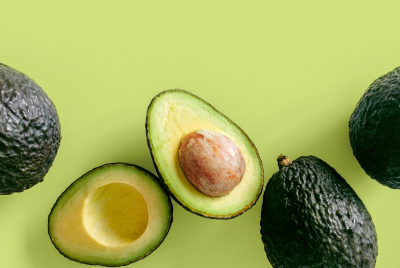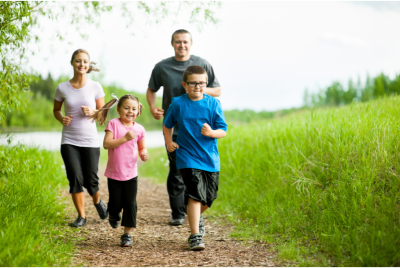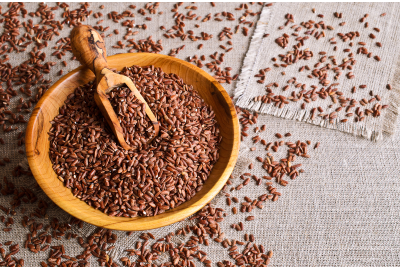Maintaining A Healthy Mind And Body
While aging is a natural process for everyone, maintaining vitality is sometimes a major worry. But a healthy diet combined with active aging is the key to vibrant golden years. Studies reveal that those who choose a healthy lifestyle that includes physical activity and a balanced diet have a 30–50% lower chance of developing chronic illnesses, which sets them up for a long and happy life.
This all-inclusive manual is your road map to a healthy mind and body. Let’s talk about how taking care of your physical, mental, and cognitive health can help you age gracefully and live a healthier, happier life.
Why Healthy Aging Matters
Healthy aging isn’t just about growing old—it’s about thriving. It encompasses physical vigor, mental acuity, and emotional resilience, ensuring a fulfilling life well into the golden years.
Physical Health
Caring for your body lays the foundation for graceful aging. Regular exercise and a balanced diet bolster strength, fortify cognitive function, and enhance overall well-being.
Physical activity like walking or yoga promotes heart health and flexibility. Pair it with nutrient-rich meals filled with fruits, vegetables, and lean proteins to fuel your body optimally. Hydration and ample rest are non-negotiables, along with routine check-ups for early detection and intervention of potential health issues.
Mental Health
Nurturing your mental well-being is paramount for healthy aging. Cultivate social connections, cherish friendships, and maintain family ties to stave off loneliness and isolation. Manage stress through mindfulness or meditation, fostering mental clarity and resilience.
Cognitive Health
Keeping your mind sharp is key to thriving as you age. Engage in mental exercises like puzzles or learning new skills to stimulate neural connections and preserve memory. A diet rich in omega-3 fatty acids and antioxidants nourishes the brain, while regular exercise enhances blood flow and cognitive function.
Advice on Physical Well-Being
- Stay Active: Incorporate regular physical activity like walking, swimming, or yoga into your routine to maintain strength, flexibility, and heart health.
- Healthy Eating: Opt for a balanced diet comprising fruits, vegetables, lean proteins, and whole grains to provide essential nutrients and energy.
- Adequate Rest: Prioritize quality sleep to allow your body to rejuvenate and repair, supporting overall health and vitality.
- Moderation: Limit alcohol consumption and substance use to safeguard physical well-being and cognitive function.
Tips for Mental Health
- Social Connections: Foster friendships and family ties to combat loneliness and enhance emotional well-being.
- Stress Management: Practice relaxation techniques like deep breathing or meditation to reduce stress levels and promote mental clarity.
- Leisure Activities: Engage in hobbies or leisure pursuits that bring you joy, providing mental stimulation and a sense of fulfillment.
*We may earn a commission for the purchases made using our links. Please see our disclosure to learn more.




